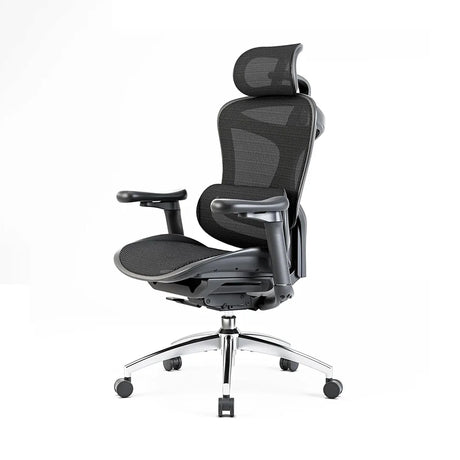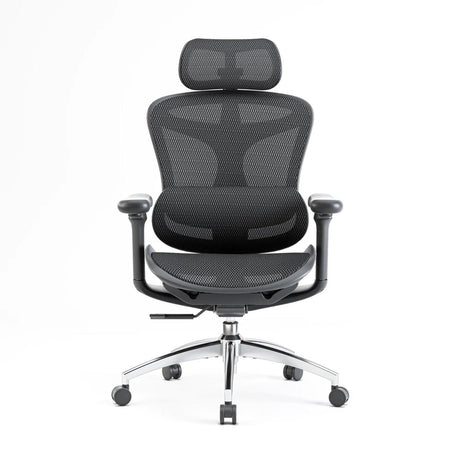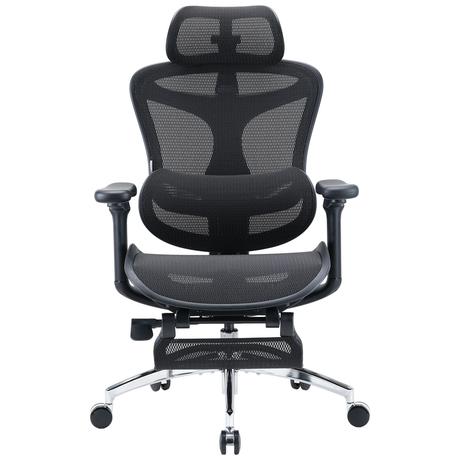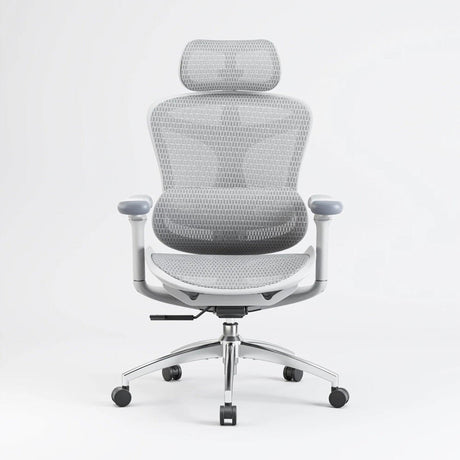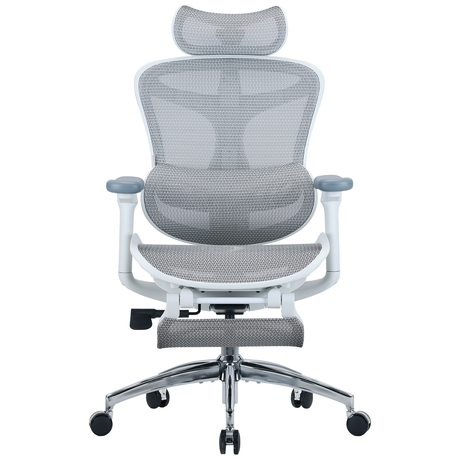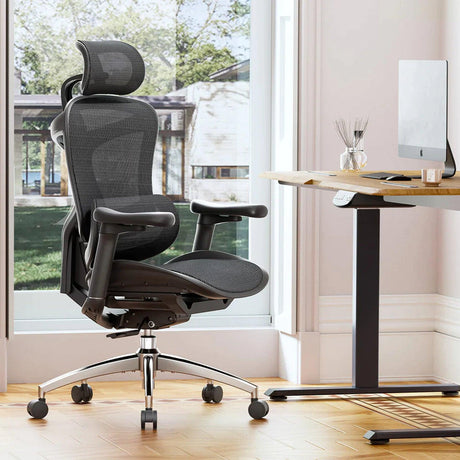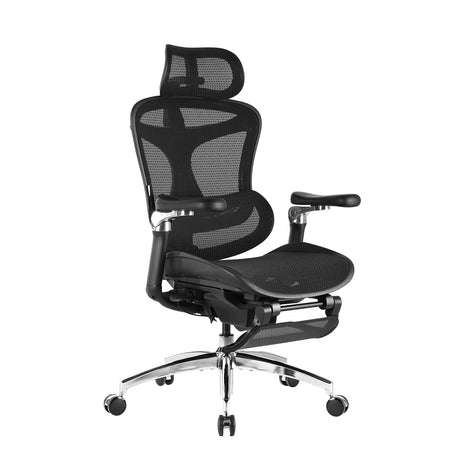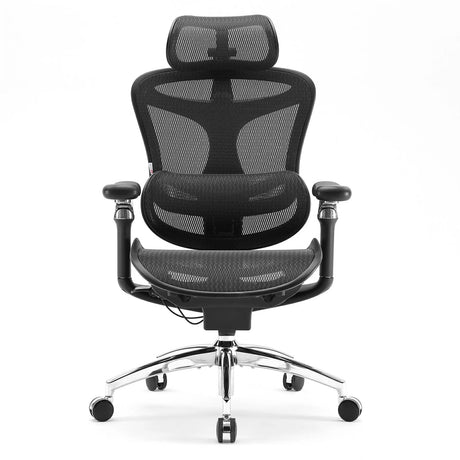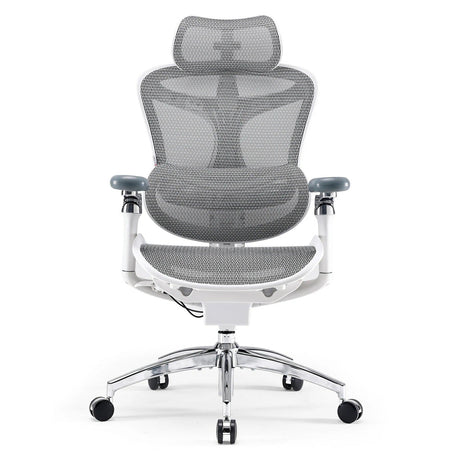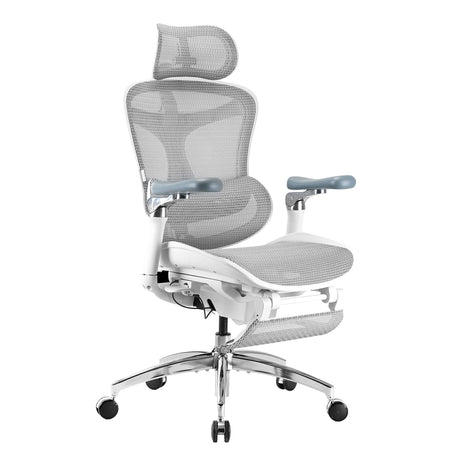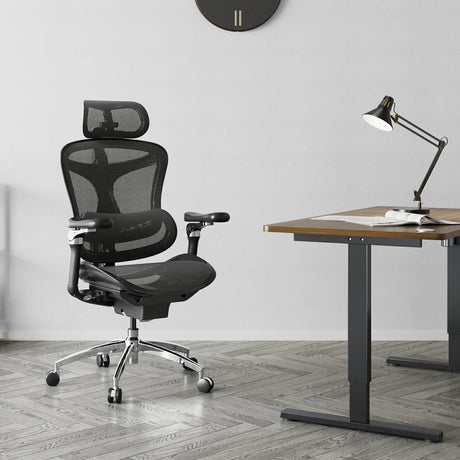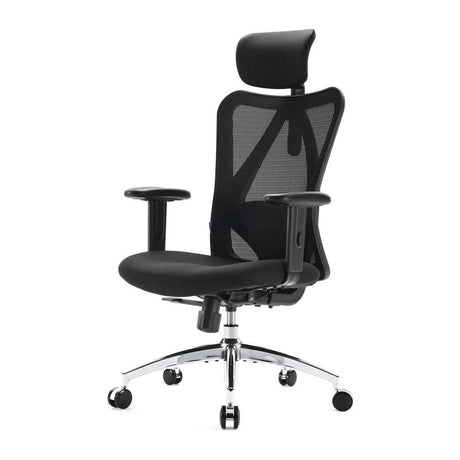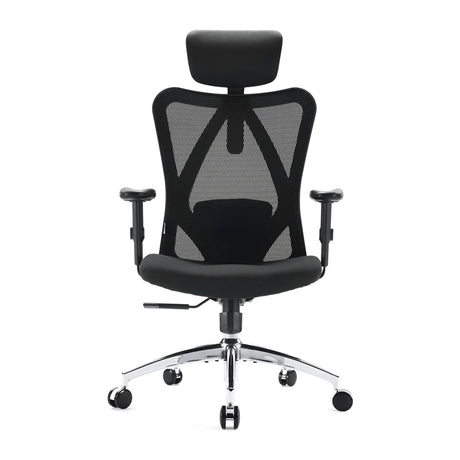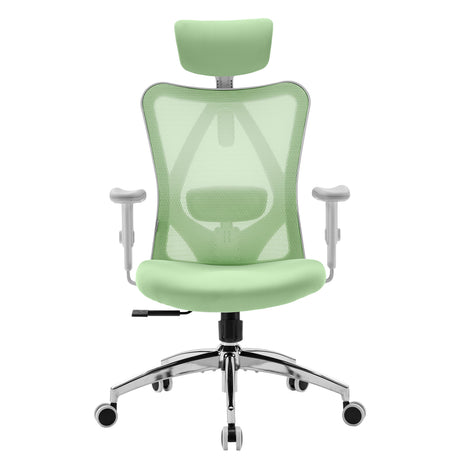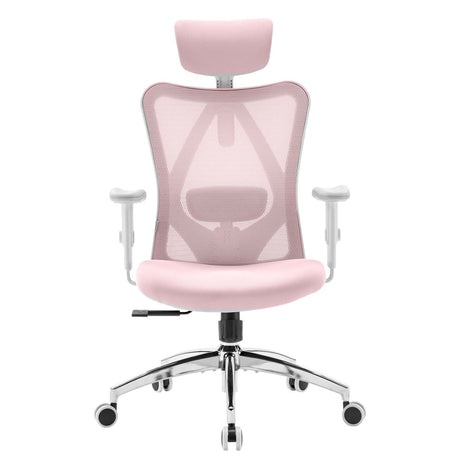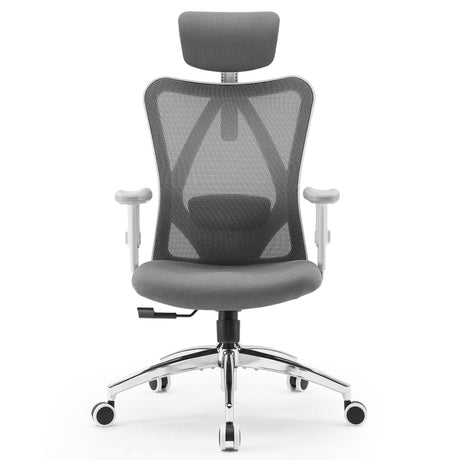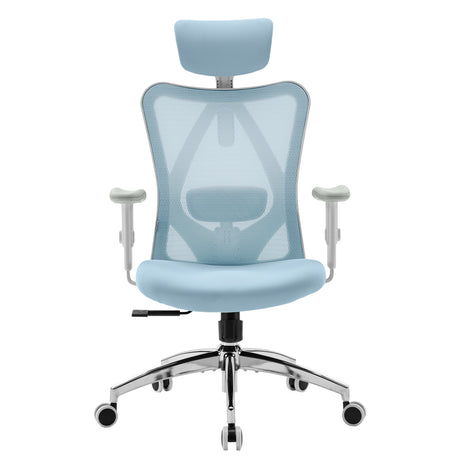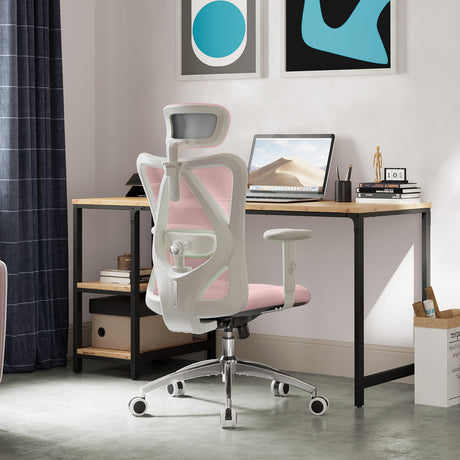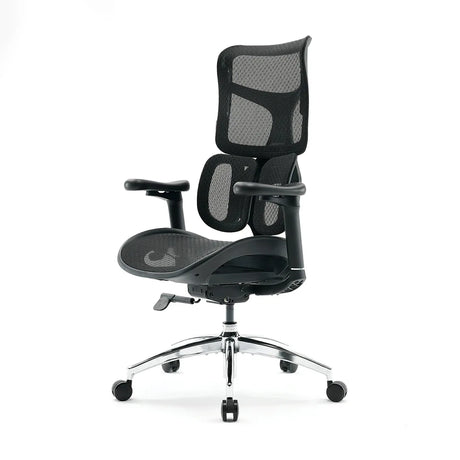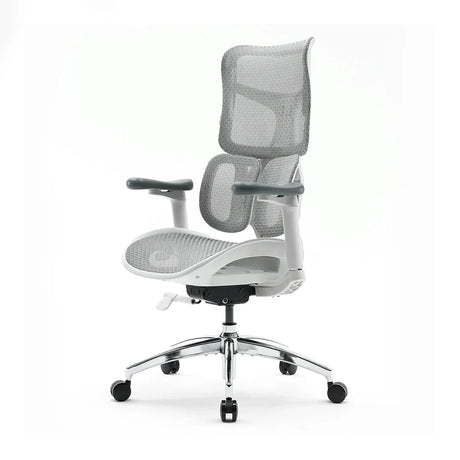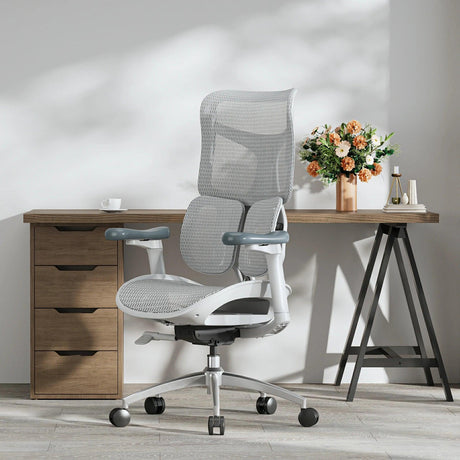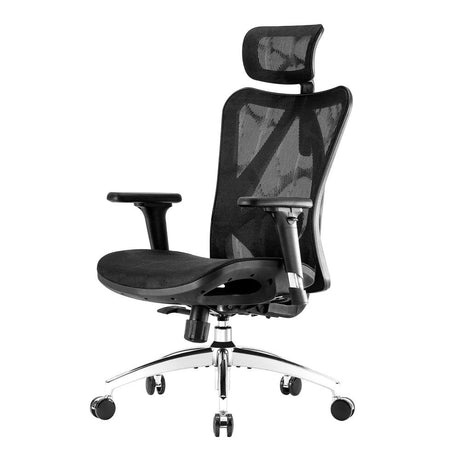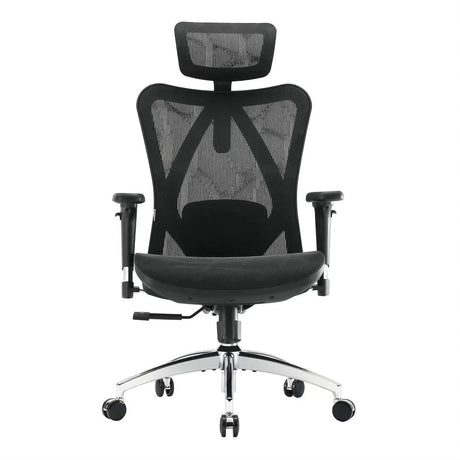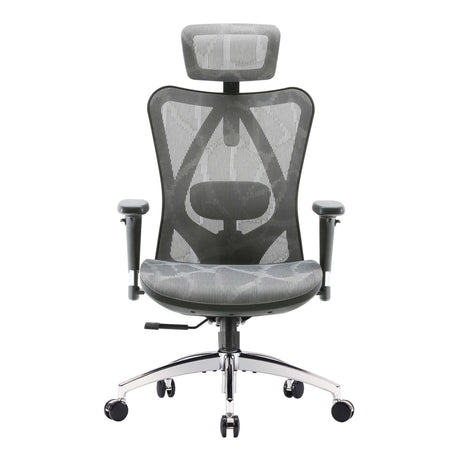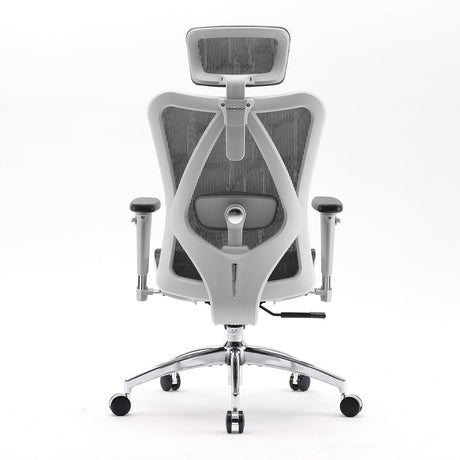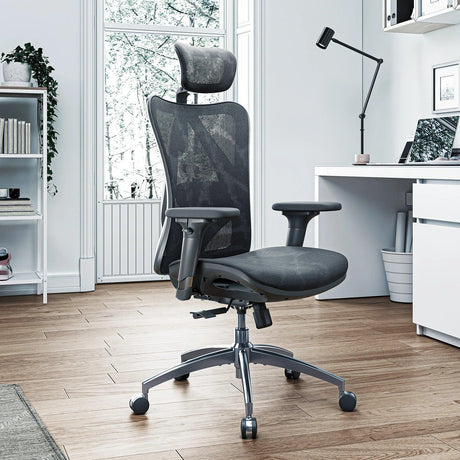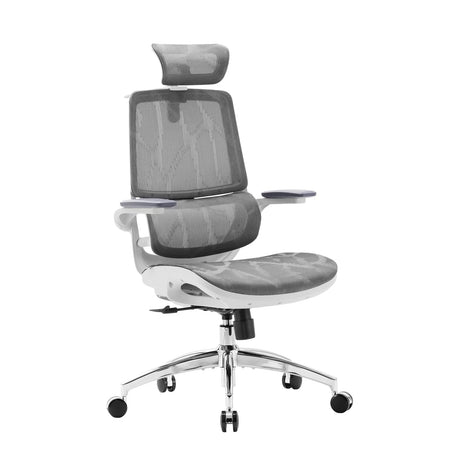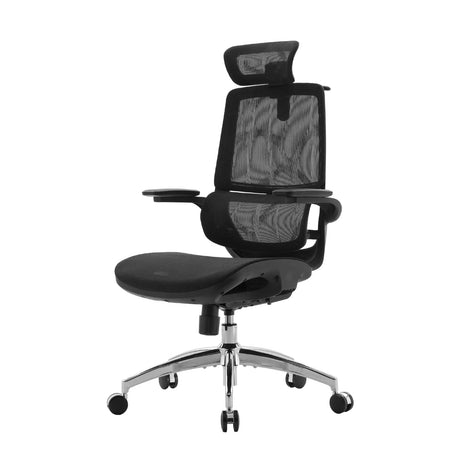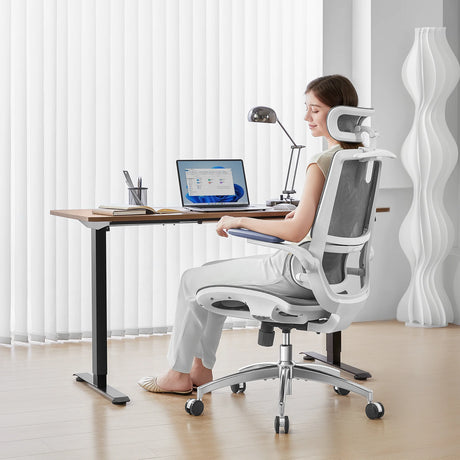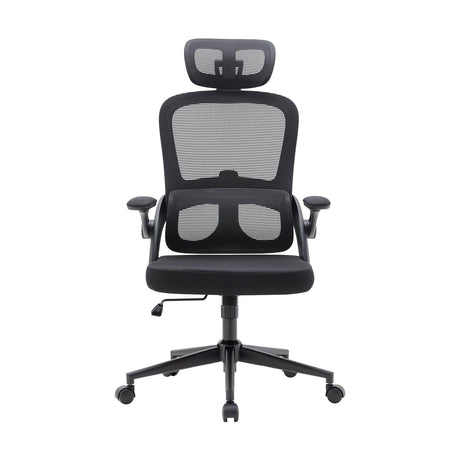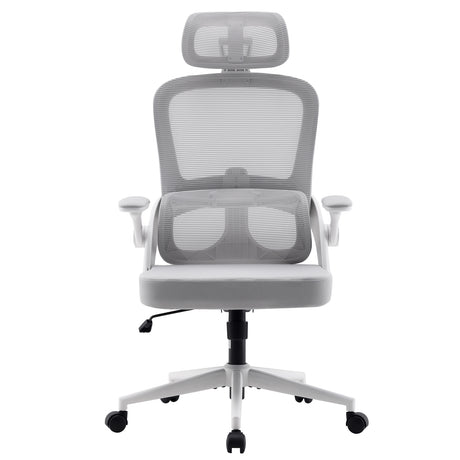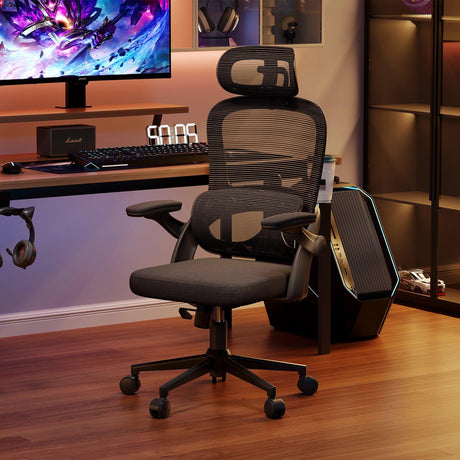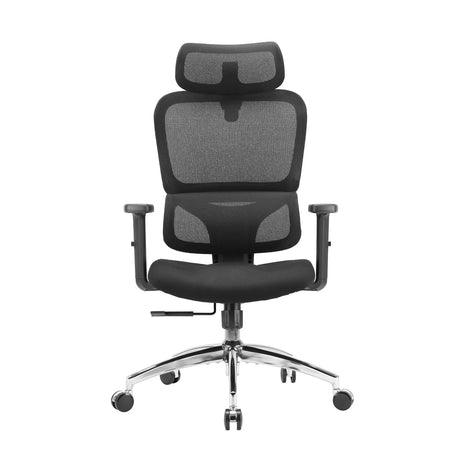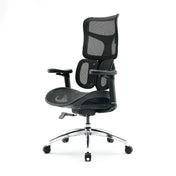In today's modern workplace, where long hours of sitting at a desk are the norm, the importance of ergonomic office chairs cannot be overstated. However, despite their widespread use, there are several misconceptions surrounding these essential pieces of furniture. Let's debunk some of the most common misconceptions about ergonomic office chairs to shed light on their true benefits.
Ergonomic chairs are only for people with back problems:
One prevalent misconception is that ergonomic chairs are exclusively designed for individuals with existing back issues. While it's true that ergonomic chairs provide significant support and comfort for those suffering from back pain, their primary purpose is prevention. By promoting proper posture and providing adequate lumbar support, ergonomic chairs help prevent the development of back problems in the first place, making them suitable for everyone, regardless of their current health status.
They are too expensive for small businesses or home offices:
Another misconception is that ergonomic chairs come with a hefty price tag, making them inaccessible to small businesses or individuals setting up a home office. While it's true that high-end ergonomic chairs can be expensive, there are plenty of budget-friendly options available in the market that still offer essential features like adjustable lumbar support, seat height, and armrests. Investing in an ergonomic chair is an investment in long-term health and productivity, outweighing the initial cost.
One size fits all:
Ergonomic chairs are often mistakenly thought to be one-size-fits-all solutions. In reality, ergonomic chairs come in various sizes and designs to accommodate different body types and preferences. A chair that is ergonomically suitable for one person may not be suitable for another. It's crucial to choose a chair that can be adjusted to fit your unique body shape and size to maximize its ergonomic benefits.
They are only necessary for people who sit for extended periods:
Some believe that ergonomic chairs are only essential for individuals who spend long hours sitting at a desk. However, even if you have a job that involves occasional desk work, investing in an ergonomic chair is still beneficial. Poor posture, even for short periods, can lead to discomfort and musculoskeletal issues over time. Ergonomic chairs promote proper posture and provide support, regardless of the duration of use, making them valuable for anyone who sits at a desk, even intermittently.
They don't improve productivity:
Contrary to popular belief, ergonomic chairs can have a significant impact on productivity in the workplace. By reducing discomfort and fatigue, ergonomic chairs help employees stay focused and alert for more extended periods, leading to increased productivity. Additionally, when employees feel supported and comfortable, they are less likely to take frequent breaks due to discomfort, further enhancing productivity levels.
They are purely for comfort and aesthetics don't matter:
While comfort is a primary consideration when choosing an best office chairs, aesthetics should not be overlooked. Aesthetically pleasing office furniture can contribute to a positive work environment and enhance employee morale. Many ergonomic chairs are designed with both comfort and style in mind, offering a balance between functionality and visual appeal.
In conclusion, ergonomic office chairs are essential for maintaining a healthy and productive work environment, but they are often misunderstood. By debunking these common misconceptions, it becomes clear that ergonomic chairs are beneficial for everyone, regardless of their current health status or job requirements. Investing in quality ergonomic chairs is an investment in both the physical well-being and productivity of employees, making them a worthwhile addition to any office space.

